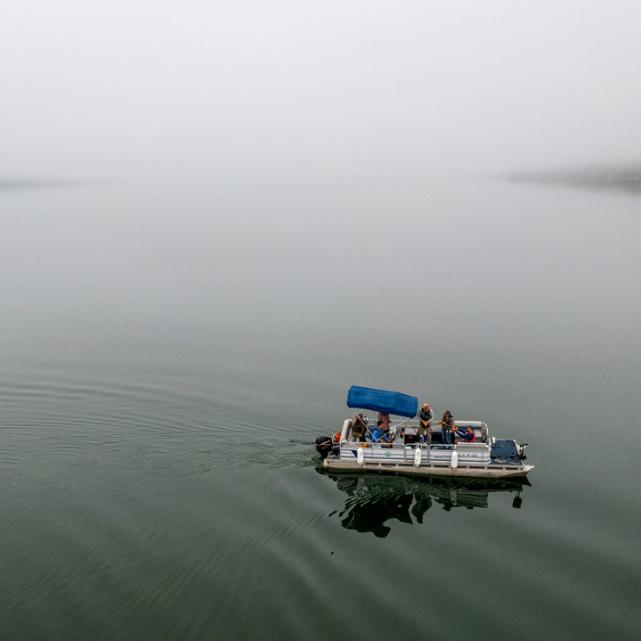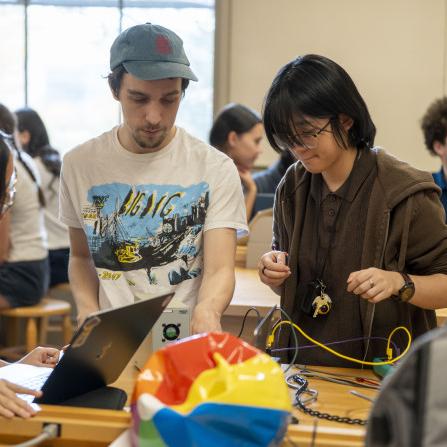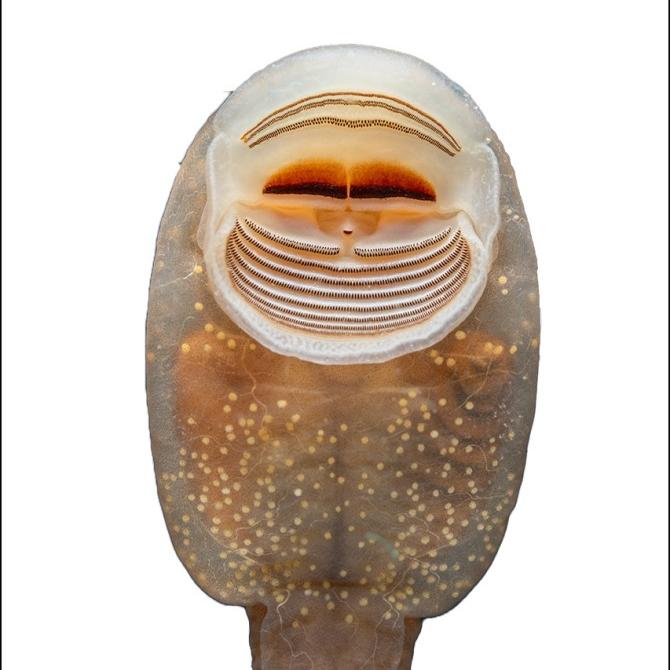A new cross-college environment and sustainability major is under discussion by faculty in the College of Arts and Sciences (A&S) and the College of Agriculture and Life Sciences (CALS). While the details of the major have yet to be decided, its goal would be to build on current environmental programs to offer students additional ways to combine the study of physical and biological sciences with social science and humanities fields that explore the social, ethical, and public policy dimensions of environmental issues.
Cornell’s great strengths in environmental sciences and studies are dispersed across multiple departments, colleges, and majors, which can make it difficult for prospective and current students to identify Cornell’s environmental offerings. A cross-college major could enhance faculty collaboration in interdisciplinary teaching and research, as well as in the public’s recognition of Cornell’s strengths in these areas, according to Ted O’Donoghue, senior associate dean of A&S.
When CALS launched its inter-departmental major in 2012 in environmental sciences, now called Environmental and Sustainability Sciences (ESS), it was partly in response to the University-wide Environmental Sciences Planning Committee in 2010 that recommended Cornell better coordinate and integrate environmental science majors. The ESS major was designed with the understanding that it might expand in the future, with inclusion and engagement from other departments and majors within CALS and across the University, explains Max Pfeffer, senior associate dean of CALS. The ESS major is open only to CALS students.
Given significant interest in A&S among faculty and students, discussions began to identify ways to increase options for A&S students, and these discussions naturally suggested a cross-college collaboration. Hence, an A&S-CALS Committee for Interdisciplinary Curricula in Environmental Studies and Environmental Sciences was formed, chaired by Christine Goodale, associate professor of ecology and evolutionary biology. This committee, which included faculty from the humanities, the social sciences and the sciences, submitted a report in February outlining options and recommendations for a new cross-college major, tentatively called “Environment and Sustainability.” It drafted a cross-college major that would open ESS programs in environmental sciences to A&S students and create new options for students from both colleges to study environmental humanities. Feedback was then solicited from the entire Cornell faculty and students in the two colleges, with public discussions held in both colleges this spring.
Now, a new A&S-CALS Committee will integrate the feedback that was received and develop a proposed design for the major, explains Nelson Hairston, professor of ecology and evolutionary biology, who will chair the committee for this second phase. This proposal will be distributed to faculty and students for vetting, and if viewed favorably will eventually be submitted to the Educational Policy Committees of both colleges.
“Many students are really excited about the major and we would like to be able to offer it to current students,” says Hairston, “so it would be great to be able to implement the major in Fall 2017. But we don’t want to rush something as important as this design process, either.”
In their report, the initial A&S-CALS Committee noted that “the humanities, arts, and social sciences have a crucial role to play not just in producing solutions to environmental problems but in understanding how those problems arose and sometimes in reconceptualizing them…When negotiators from around the world come together to discuss climate change, their arguments hinge not just on their understanding of renewable energy and cost-benefit analyses and the modeling of sea-level rise, but also on the stories they tell themselves about climate; on the way in which they have been affected by the history of colonialism and imperialism; on dominant ethical frameworks; on political will; on their assumptions about human and natural agency; and maybe even on something as hard to pin down as their sense of humor.”
Linda B. Glaser is a staff writer for the College of Arts and Sciences






